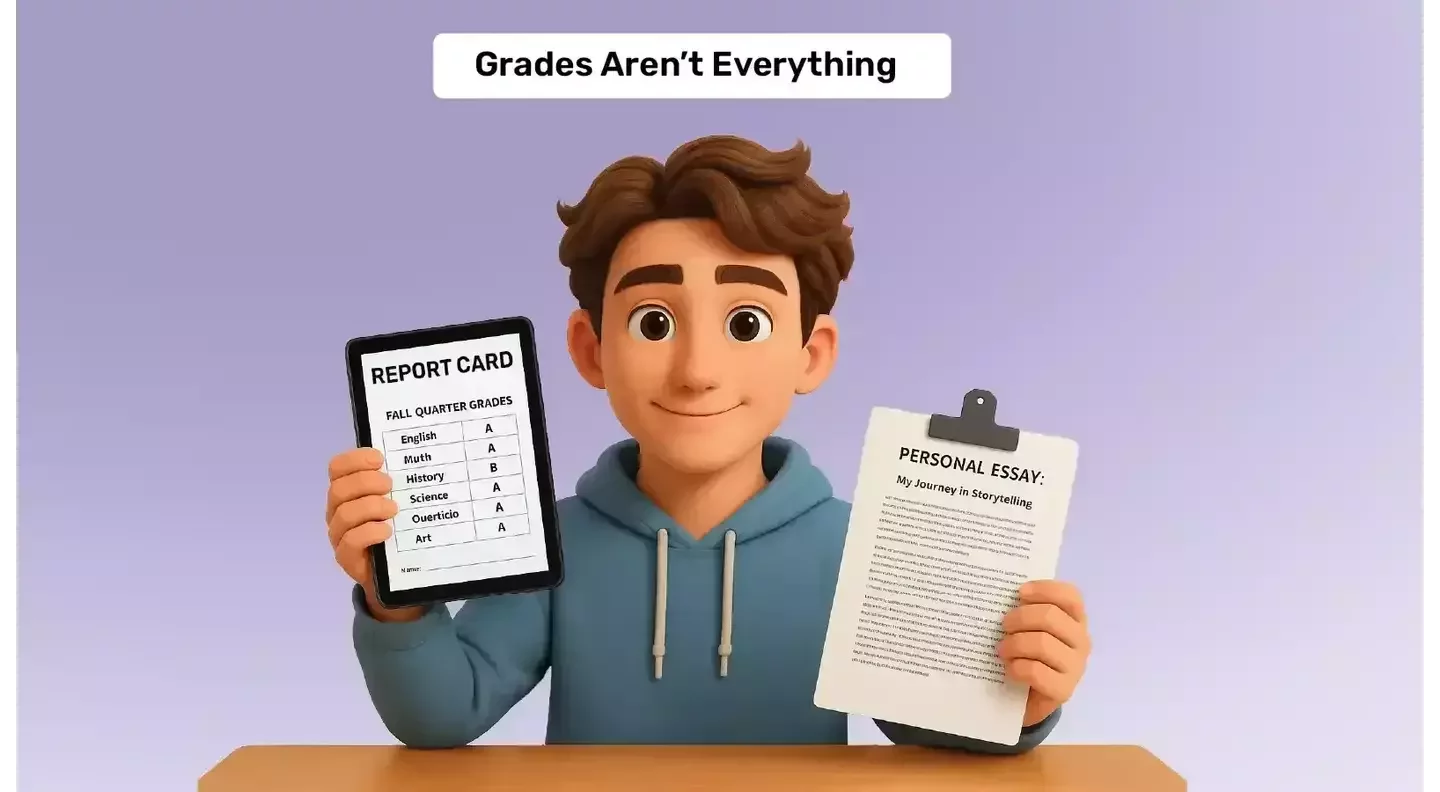Get instant loan offer suitable to your profile !


On this Page:
Learn how to explain a low GPA in your SOP or grad school application. Turn weaknesses into strengths and show your growth story confidently.
Most students think that their grades will determine it all in life, even in the grad school journey. The thing is, though, you may not know that admissions committees do not just focus on grades. They know that life can be hard sometimes, and even the highest performer did not perform well in school at some point. It is all about the story you have to tell, how you faced a downfall, what you have learned in the process and how you have gotten back on your feet. Your potential does not always have to be shadowed by a lower GPA. In this blog, you will find out when to mention grade dips, how to present them in a good way, and how to make your application shine even when academic performance is not to your advantage.

Not all the grades require an explanation. You can skip it in case it is only a single low score on the otherwise consistent record. Patterns are more important than single slips to admissions committees. But if your GPA shows a downward trend, withdrawals, or a semester that clearly stands out, it’s smarter to address it yourself. A brief, honest explanation shows awareness and growth, while ignoring it may leave the committee guessing and often, assuming the worst.

All people have bad days and it is natural that grades can go low periodically. The most important thing is how you tell that story and demonstrate that it was not a failure, but what was learned and what was gained.





Below are some of the common mistakes to avoid when explaining grades. Keeping these in mind will help you share your story without weakening your application.




Read more blogs:



It is the ability to leverage all the resources you have that makes you stand out. Good recommendations, considerate SOP, and out-of-class experiences can demonstrate your potential in case you have low GPA.




Use our SOP review tool to polish your essay and present your story with confidence.

Here are a few quick tips that can help you turn weak grades into strengths.





Grades are only one part of your story. More important is how you justify the dips, what you have learned, and the strengths you have developed in the process. Through growth, strength and initiative you can turn weaknesses into proof of potential. It is important to remember that lots of successful admits did not have flawless transcripts, but they were able to narrate their path with sincerity and confidence.
Want to take it further? Check your loan eligibility with GyanDhan, connect with like-minded students on GD Connect, and share your journey with others who are on the same path.

You should concentrate on key moments, the lessons that you learned, and how they influenced you. Rather than preparing a simple list of accomplishments, tell the admission committee about the hardships you had to overcome, and the experiences that are the most significant.
A learning journey refers to the general growth that a student undergoes. It includes academic lessons, personal struggles, new skills, and values acquired along the way, demonstrating the contribution of each phase to growth.
No. Good essays, good recommendations and evidence of development beyond academics can counterbalance some poor semesters.
Yes. If a professor or supervisor knows your story, they can add context in their letter, which makes your explanation more credible.
Check Your Education Loan Eligibility

Ask from a community of 10K+ peers, alumni and experts
Trending Blogs
Similar Blogs

Network with a community of curious students, just like you
Join our community to make connections, find answers and future roommates.. Join our CommunityCountry-Wise Loans
Best Lenders for Education Loan

ICICI Bank

Axis Bank

Union Bank

Prodigy

Auxilo

Credila

IDFC

InCred

MPower

Avanse

SBI

BOB

Poonawalla

Saraswat